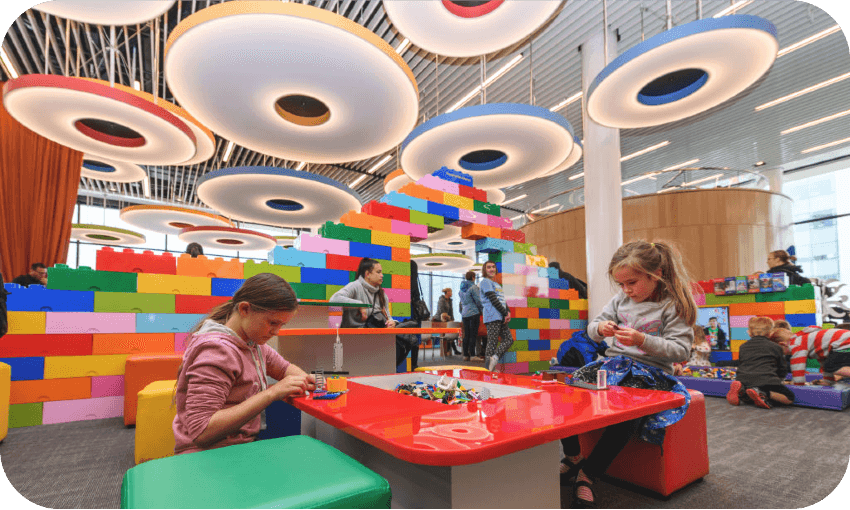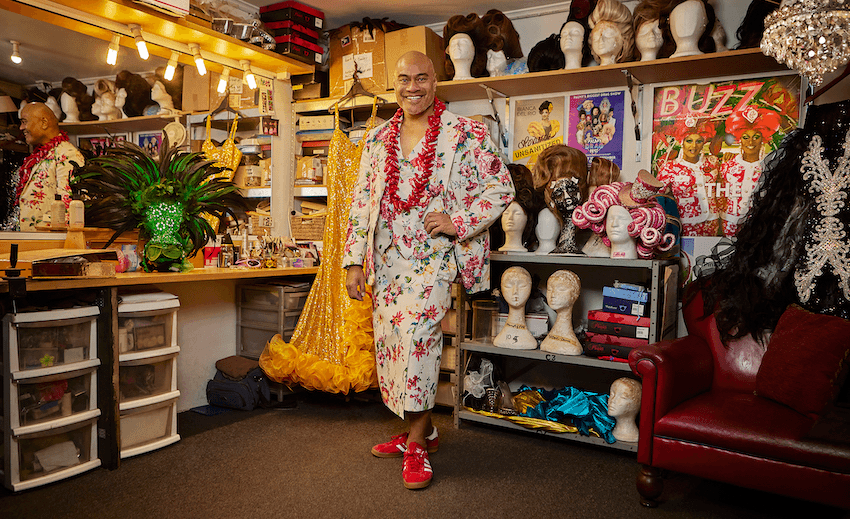Librarians these days are as much social workers as experts in books, writes David Hill.
The guy was getting increasingly agitated. His voice rose; he glared at the young staff member. She asked something, and suddenly he was swearing and yelling at her. He took a step forward, and she cringed away.
A security guard came striding up. “You’ll have to leave, mate.” The belligerent man wheeled towards him, while the young staff member stood, shaking.
A disgruntled client at Winz? A troubled patient at A&E? In fact, it was at the information desk of our local library, and it wasn’t the first time I’d seen such a confrontation.
Picture a public library, and you see….what? If you’re well into your second half-century like me, you probably recall a respectful hush, figures seated at tables or moving quietly around shelves, an authority figure in spectacles at an issues desk. You may even remember a wall sign reading “SILENCE”. (A few milder branches added “PLEASE”.)
How things change. Our public libraries now – there are some 300 of them across the country – are places of talk, music, play. A lot have cafes, or let you eat and drink on the premises. They host book launches, JP desks, Scrabble clubs, Lego builds for small kids, migrant women meetings, movie and gaming nights for teens. They offer free wifi and computers. They’re also de facto day shelters for numbers of homeless and otherwise challenged people.
(Bilious aside here, to note that the men’s shelter in our town often has to reduce its services because of money problems. Where do its troubled clients then go? To our library, among other places. The shelter’s last grant from our local council was $7,000. Meanwhile the same council has promised $2.4 million over the next financial year towards a sports stadium. But that’s a comparison, and comparisons are invidious.)
Anyway, it’s understandable that librarian training now includes lessons on how to handle disturbed or threatening clients. And on first aid: it’s not unknown for library staff to become first responders in emergencies.
In some libraries, staff don’t want to wear name tags. Pretty well every one of them I’ve spoken to at our local branch has been abused and threatened, told “I know where you live!” Some have been grabbed or shoved; one at least was punched. Their forbearance towards those responsible is remarkable.
Then there are other issues: finding three under-eights alone and uncertain in the kids’ section while Mum goes shopping; discovering that the dishevelled old guy slumped on a seat in the biography section doesn’t seem to be breathing.
As free community facilities, libraries and librarians see the effects of drugs, poverty, unemployment, homelessness. Syringes have been found in our branch’s toilets. For some people, it’s a place to wash bodies and even clothes.
So staff report being stressed, targeted, guilty that they can’t do their work fully and professionally. Just like nurses. Or teachers.
And in a number of ways, they have similar jobs. They deal with the medicated, unstable, anti-social. They face complaints. (“Why isn’t that wonderful book here?….Why is this disgusting book here?”) They’re abused when computers aren’t available. They have to handle crises out of left field (“My brother’s got cancer. I need a book on how to save him…Can I rip out the lies in this rubbish thing?”)
No surprise then, that security guards are now a presence in many libraries. Lori from Iowa tells me that in the US, their library security usually carry guns. Think of that next time you complain about your overdues fine.
Actually, those fines are now en route to joining the “SILENCE PLEASE” signs. Many branches are dropping them, acknowledging financial hurdles, trying to stay accessible to as many people as possible.
Because public libraries are still sometimes perceived as places for the three W’s: white, well-off and well-on in years. Other people can feel daunted; some come in prickly, ready to feel condescension or disapproval, ready to get angry. Libraries and librarians are trying to change this image. Successfully? Look at your own local branch.
But isn’t all the above increasingly irrelevant? Aren’t books yielding to screens, and libraries to online sources? Aren’t they both on their way to becoming anachronisms?
Never. Not in a thousand-plus years. No screen can match the deep, still, tactile pleasure of sitting with a book. No online site can equal the face-to-face, communal nature of a library.
And public libraries are community centres. In the days after 9/11, libraries across the US were full of people wanting to set up condolence books for victims’ families, leave gifts, find reliable (note that adjective) information about Islam. Wanting also to be together, to share grief and loss. The same happened here after the Christchurch mosque shootings.
Public libraries are icons. Think of the distress when Wellington Central closed for earthquake strengthening. Again in the US, they’re now ranked as essential services, alongside police, fire, medical, utilities. They’re being mooted there as perfect sites for early voting in local and federal elections: “the best hope for future trusted election outcomes,” wrote the New York Times in 2020. Another potential role – or burden – for ours?
One group of our libraries, the School Library Association of New Zealand Aotearoa – Te Puna Whare Matauranga a Kura, are holding their inaugural Library Week August 8 -12. Look kindly upon them and on all librarians. They’re medics and educators, child-tenders and psychologists, facilitators and IT techs. They can probably tell you a fair bit about books as well, if they ever get the time.



